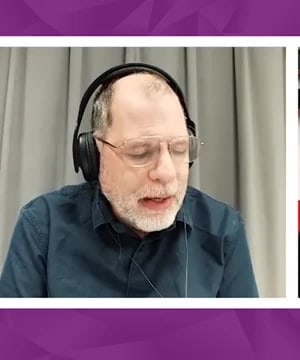Right to Privacy
Sources:
Here are some expert opinions on the right to privacy from various perspectives:
-
Jamal Greene discusses how privacy rights are considered by the Supreme Court, specifically noting that the court no longer grounds privacy rights in constitutional terms, despite privacy being an essential value for many individuals. This is particularly relevant in contexts such as surveillance by private actors and government: 1.
-
Gabriel Weinberg, CEO of DuckDuckGo, argues that privacy is a fundamental right necessary to avoid harmful effects like the chilling effect seen after the Snowden revelations. For instance, people stopped searching for terrorism and health-related terms due to fears of surveillance: 2.
-
Ben Shapiro critiques the legal basis of privacy rights as established in Roe v. Wade, arguing that the Constitution does not explicitly guarantee a generalized right to privacy. He discusses how privacy arguments have been used in controversial and non-private contexts, like abortion: 3, 4.
-
Chris Beams, a Bitcoin exchange specialist, insists that privacy is a fundamental human right, citing the risks of centralized entities holding personal data, which can become targets for misuse by governments or other entities: 5.
-
Spike Cohen, the Libertarian VP candidate, emphasizes the importance of individual control over personal data. He supports pardoning whistleblowers like Edward Snowden, highlighting the dangers of government overreach and advocating for warrants in law enforcement data access: 6.
-
Antonio García Martínez provides a historical perspective, noting that the right to privacy had to be legally established in response to societal changes. He also hints at cultural differences in privacy perceptions, like the "right to be forgotten" in Europe versus freedom of the press in the U.S: 7.
-
Byron Tau, an investigative journalist, points out that while Congress has historically written specific privacy laws (e.g., regarding credit data or healthcare information), the U.S. lacks a comprehensive national privacy framework for data. This creates significant gaps in privacy protections in the digital age: 8.
RELATED QUESTIONS-


